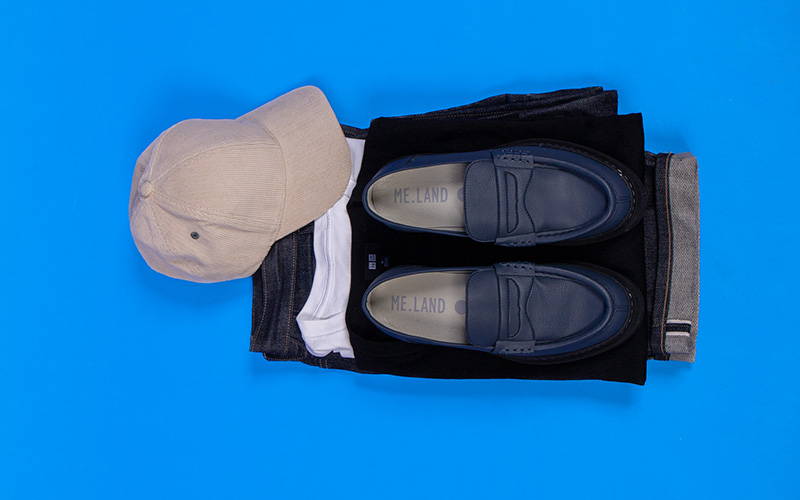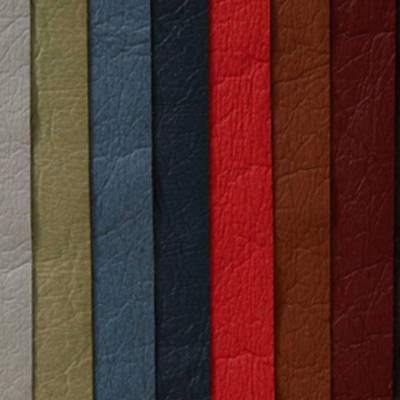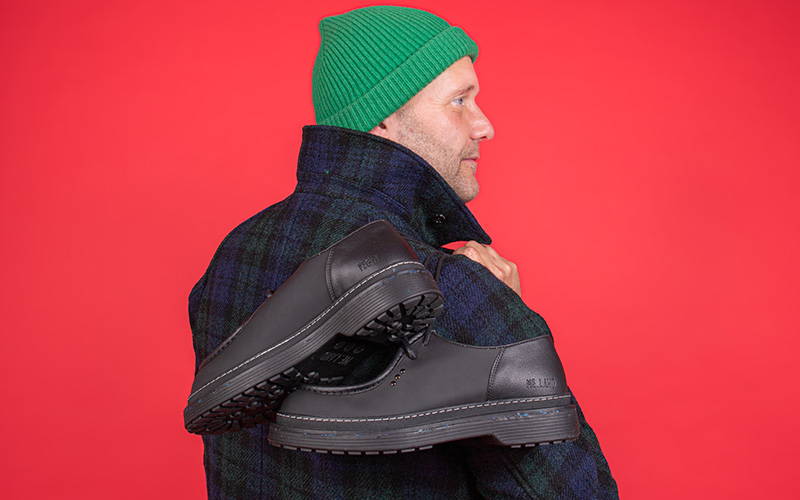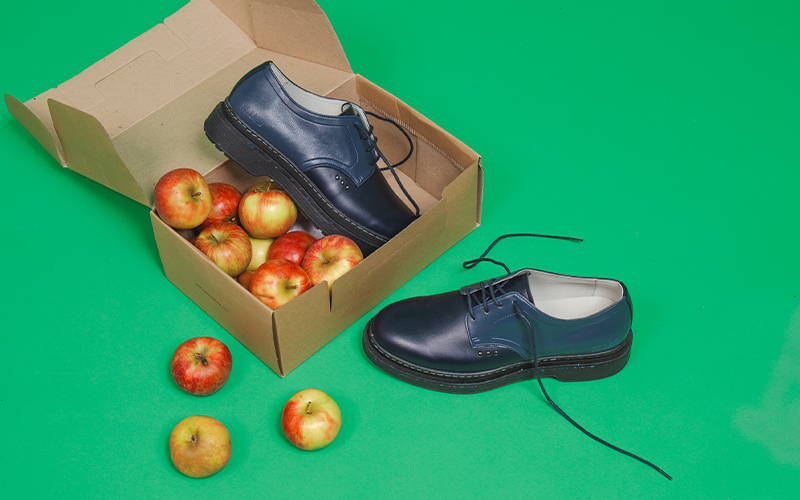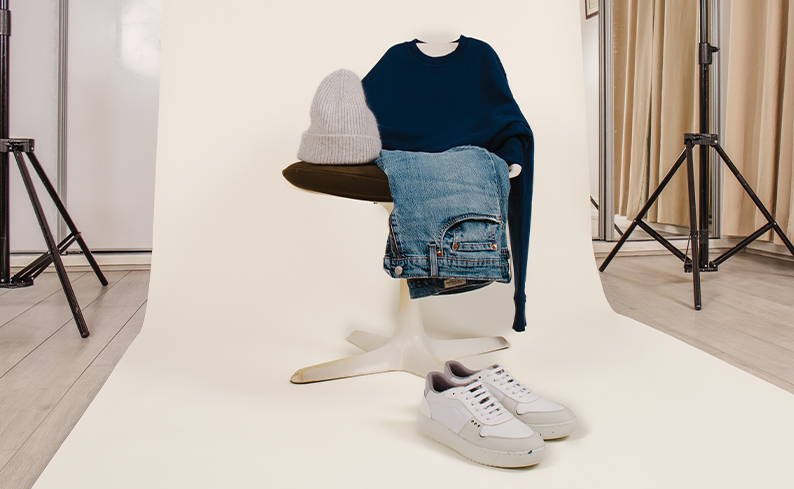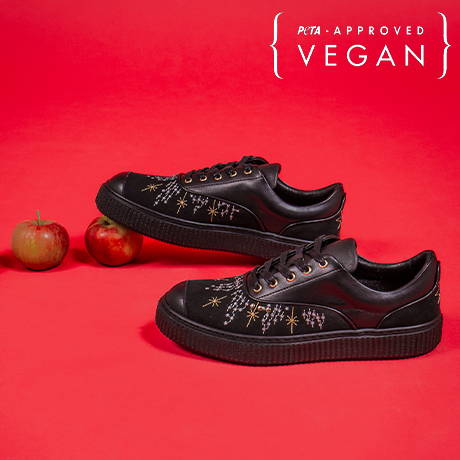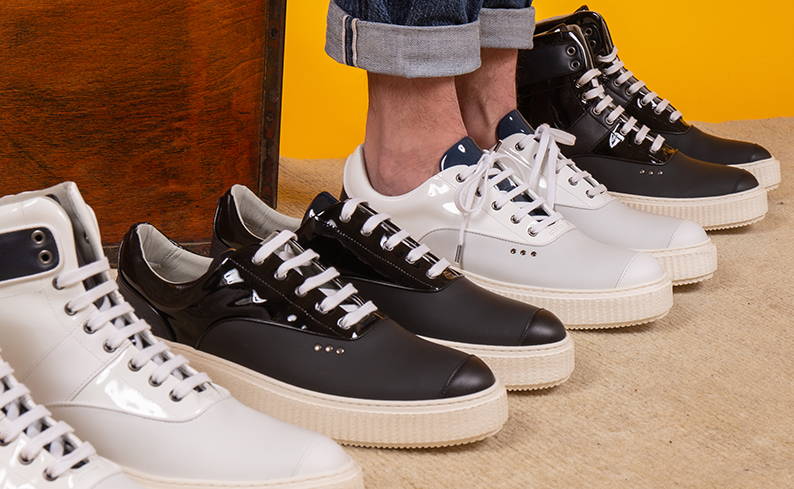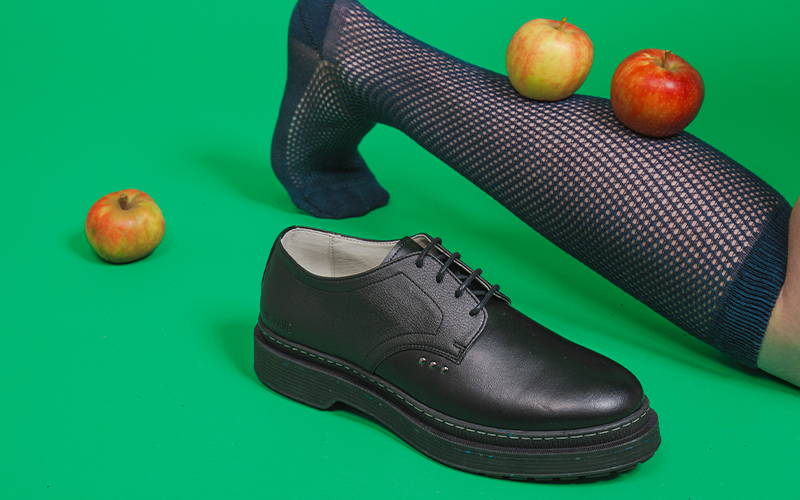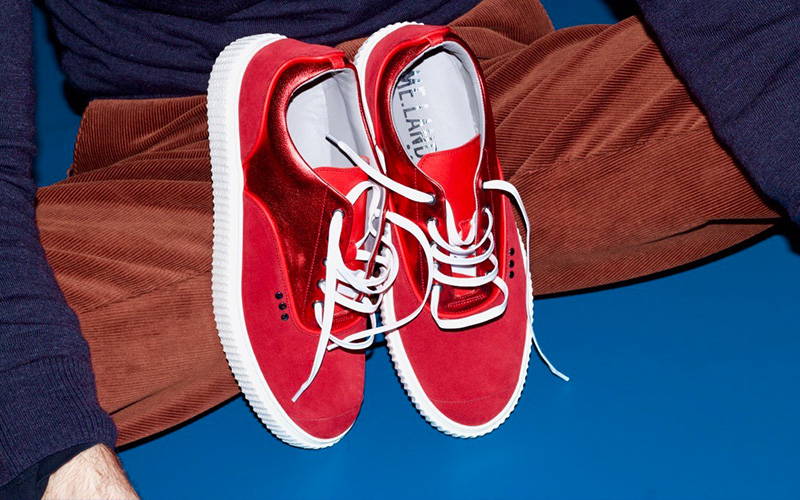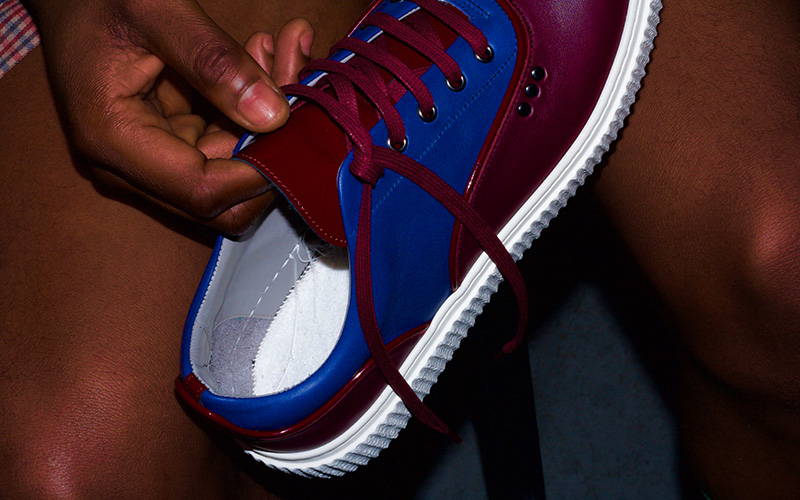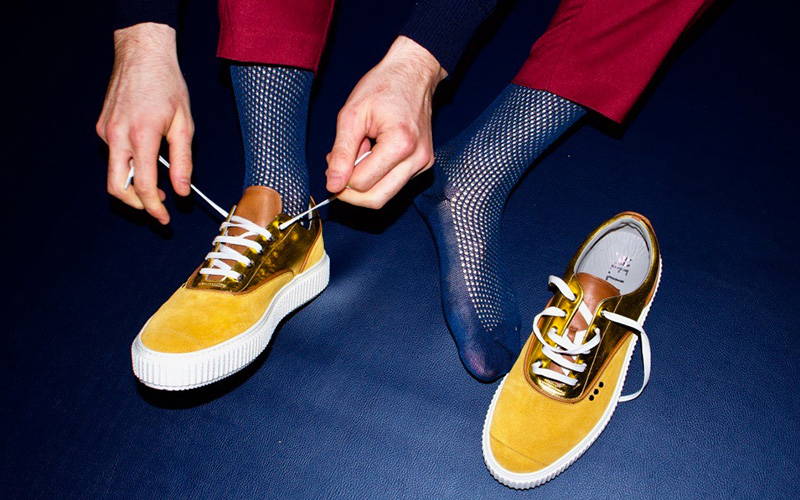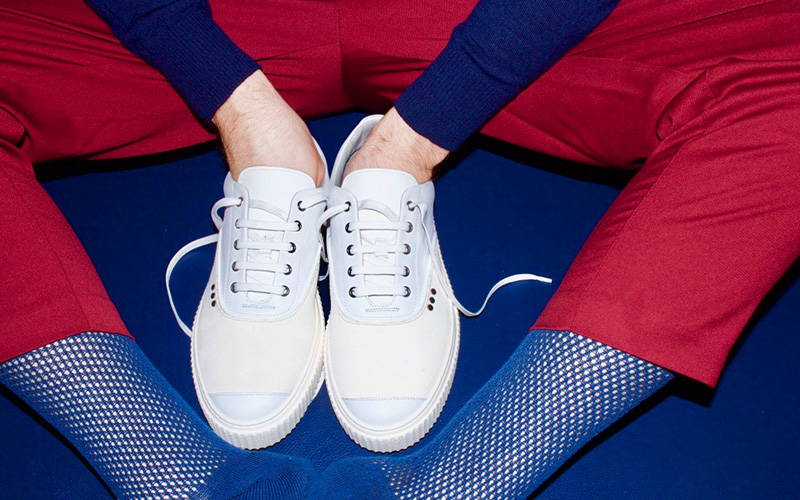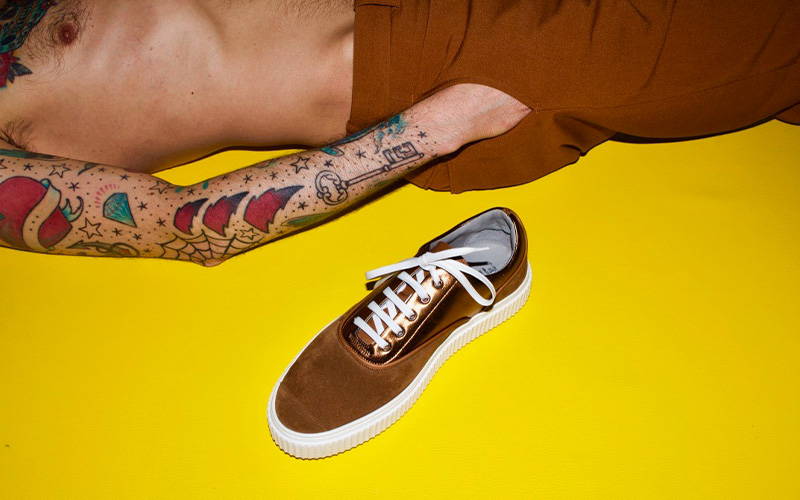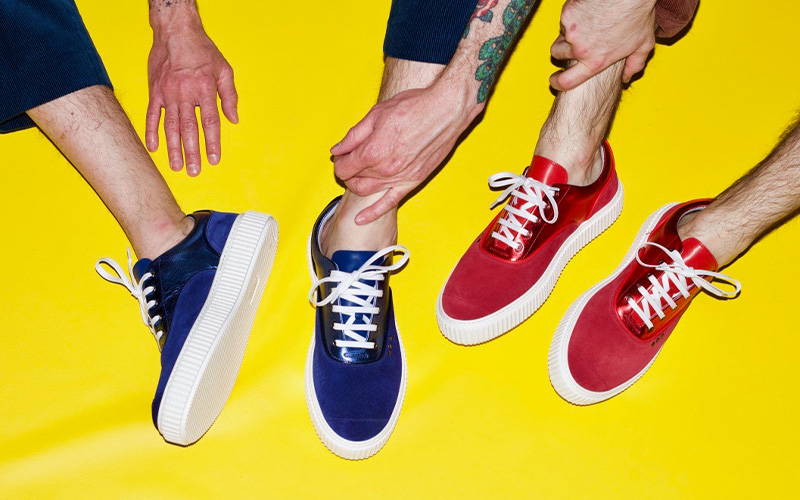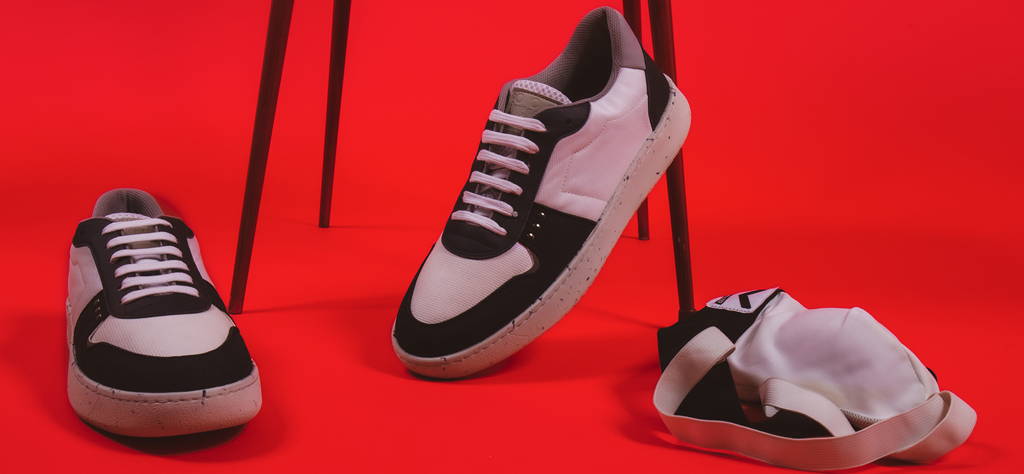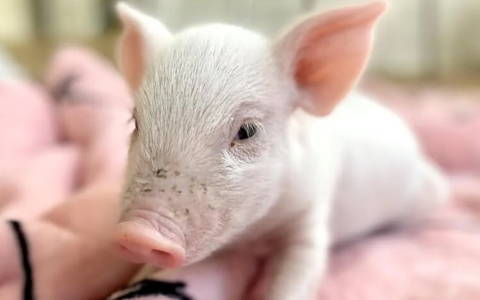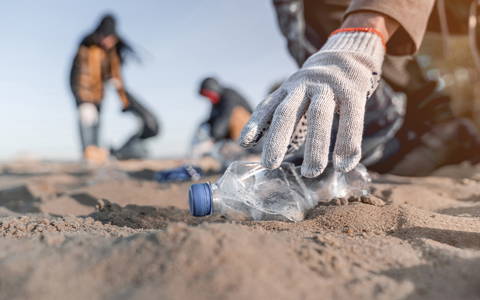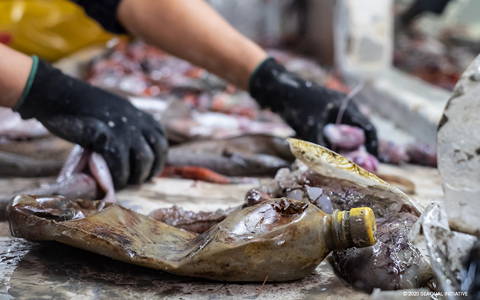How to wash sneakers by hand (and shoes)?
Sneakers have become a wardrobe essential—perfect for sports, city walks, or everyday wear. But keeping them clean requires the right care. Instead of using a washing machine (often risky), it’s better to learn how to wash sneakers by hand. This guide covers the materials you need, the best cleaning solutions, and the right techniques to keep your sneakers fresh without ruining them.
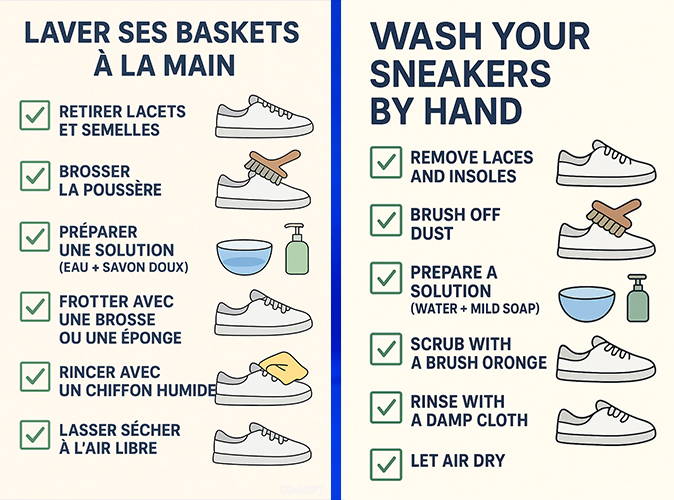
Preparing Sneakers Before Washing
Before you start, preparation is key:
• Remove the laces: Wash them separately with soap and baking soda, or try a quick trick with white toothpaste to make them look new again.
• Take out the insoles: Clean them separately with mild soapy water, then let them air dry.
• Dust off the surface: Use a shoe brush or an old toothbrush to remove loose dirt.
Essential Materials for Gentle Sneaker Cleaning
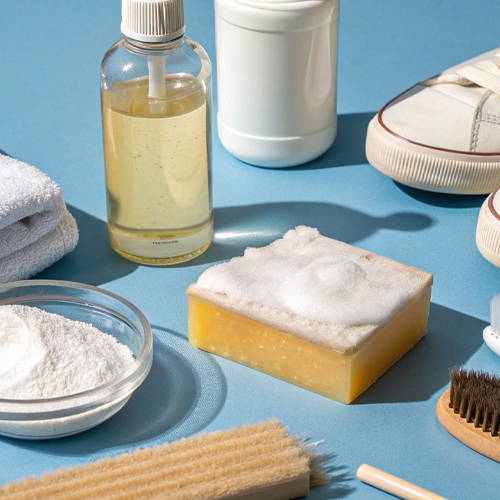
Here’s a checklist of natural cleaning products and tools:
• Mild soap or Marseille soap
• Baking soda + lemon juice (great for white sneakers)
• White vinegar (odor remover + disinfectant)
• White toothpaste (effective on stubborn stains)
• Soft sponge + clean cloth
• Shoe brush + toothbrush for details
• Talc powder (absorbs moisture & removes odors)
• Suede eraser for stubborn marks
• Leather protector or waterproof spray
❌ Avoid bleach, harsh chemicals
❌ Avoid washing machines, and direct sunlight.
Step-by-Step Cleaning Tutorial
1. Prepare a Cleaning Solution
Mix warm water with mild soap, or use natural options like baking soda, vinegar, or black soap.
2. Clean the Upper
• Start by brushing dry dust off the surface.
• Dip a sponge or toothbrush in the cleaning solution.
• Gently scrub fabric, leather, or vegan leather.
• White sneaker tip: Use a mix of baking soda + lemon juice or white toothpaste on stains.
3. Clean the Soles
• Scrub with a shoe brush or suede eraser to remove black marks.
• For stubborn dirt, apply a baking soda paste.
4. Rinse Without Soaking
• Never immerse sneakers fully in water.
• Wipe them with a damp cloth to remove soap.
• Pat dry with a soft towel.
• Make sure there is no product or water left, to avoid humidity during cleaning and discoloration.
5. Air Dry Properly
• Insert shoe trees, paper towels, or a clean cloth inside to keep their shape.
• Let them dry in a ventilated spot, away from direct sunlight or heaters.
• Change the paper, towel or shoe tree if necessary.
-
FREE SHIPPING
Free shipping all over France and Europe
from 80 €
-
EASY CONTACT
Contact us by email
-
WE PLAY LOCAL
Designed in Paris, manufactured in Italy or Portugal, available worldwide
-
SECURED PAYMENT
Visa, Master Card, Paypal ...







